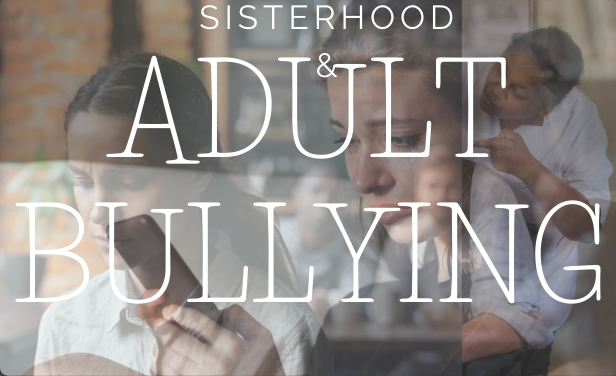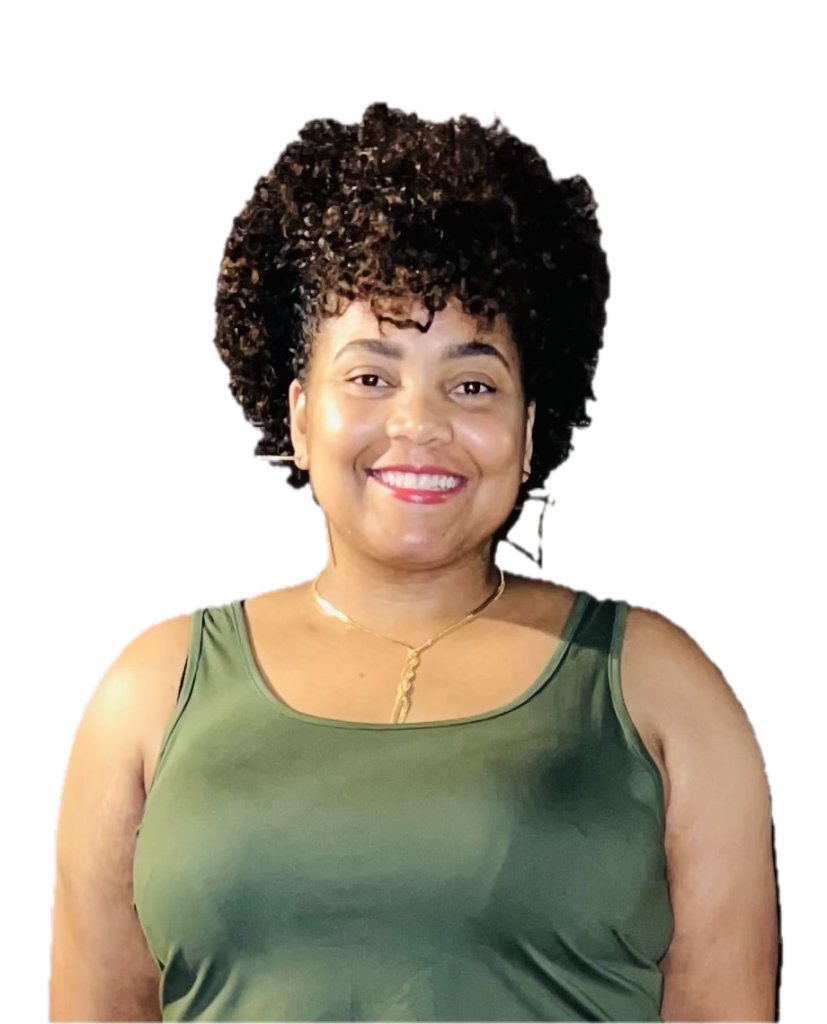10 Questions on Adult Bullying


1. What’s your definition of adult bullying?
An identified adult who repeatedly uses mental, emotional, physical, verbal, or social aggressions to intentionally cause harm, exert power, intimidate, isolate, or threaten another individual, typically when there is an imbalance of power.
2. Do you think there is a nexus between self-esteem and why women bully? How so?
When individuals feel inadequate, they may project those inadequacies through bullying behavior to assert power or some degree of control, things they may not feel they have or can achieve in their own lives.
3. Has there ever been a time that you either witnessed bullying by adult women or were bullied?
Unfortunately, bullying behavior has not only been witnessed but also experienced in positions where I have served in professional collaborative or leadership spaces. In my experience, women in management or leadership roles (i.e. principals, supervisors, professors, etc.) have been the most difficult to deal with when it comes to workplace bullying or aggression. I have had professional women attempt to diminish my title as a person who has earned a Ph.D. by refusing to address me appropriately, especially when in front of others (a blatant attempt to minimize or discredit). Professors blatantly try to force me out of a course and even a program, making up every excuse as to why “time off would be good for you” (I have gone through my share of campus appeals).
4. The media, reality TV, and social media, which do you think creates the most difficult barrier to decreasing adult bullying? Why?
Media, reality TV, and social media all play a role in contributing to the ongoing struggle to decrease the rate of adult bullying. The outlets mentioned they welcome bullies with open and accepting arms. Into our everyday lives or our homes, on our vacations, in our jobs, everywhere. One platform or another remains in the palm of some woman or young lady’s hand, seeking validation, but the only thing they are left with is false ideas about beauty, sex, or being a woman. Although it makes us feel bad, we simply can’t seem to turn away from it. And when it’s experienced in person, it gives us something to relate to, just not in a good way. There are also minimally defined consequences for the actions of those playing out the scenes or behind the screen.
5. Have you ever been called a bully by peers, friends, or family? How did you handle that?
Sure, but was I really a bully? Perhaps, I had my moments during my youth, but not often, and not very long. I befriended the girls and guys who called me a bully. Often protecting them from the “real bully.” In my adult life, I am more compassionate, personable, and approachable. I have a servant’s heart and never want to be the one to tear down others to attain goals, clout, or simply make myself feel better. My belief is this bullying behavior does not make anyone feel better, but it is a learned behavior that is not easy to unlearn.
"It’s important to me to surround myself with like-minded individuals, women with integrity who are supportive, constructive, and accountable for themselves and each other when needed."
6. Workplace bullying: what are your thoughts?
I have seen administrators constantly berate educators until that person left before the end of their contract period or took extended leave due to mental distress. Lastly, I have provided therapy support to clients who have developed anxiety and/or depression due to workplace stress (reportedly due to micromanagement, microaggressions, and unreasonable workload requests with the threat of termination if…, being constantly berated. Or talked down to for the smallest of asks).
7. As a black female professional, have you ever been called a bully? If so, how did that make you feel?
No, never as a professional.
8. Bullying in inner circles of women: what are your thoughts?
I have not been exposed to bullying in my inner circles. If you are privileged enough to be a part of my inner circle you are not a bully. It’s important to me to surround myself with like-minded individuals, women with integrity who are supportive, constructive, and accountable for themselves and each other when needed.
9. Most women are familiar with the term gossip but may not know it’s a form of bullying what positive message could you share with women who gossip?
My mom shared with me very early in life saying, “A woman who will sit and gossip with you will surely sit and gossip about you.” Gossip may be entertaining, providing the context, but always consider, what if it were about you? Information used to gossip should be shared responsibly and used appropriately.
10. What would you recommend to other women who have experienced bullying in their adulthood?
Seek support and learn how to advocate for yourself. If safe to do so, don’t be afraid to speak up and speak out. Decide how you would like to respond, decide if anyone else needs to get involved, and document interactions. Your mental, physical, and emotional health is important and must be a priority to you, plan an exit strategy or just leave if you are able.
